Tulsi Vivah 2025: Date, Vidhi, Muhurat, Story, and Significance
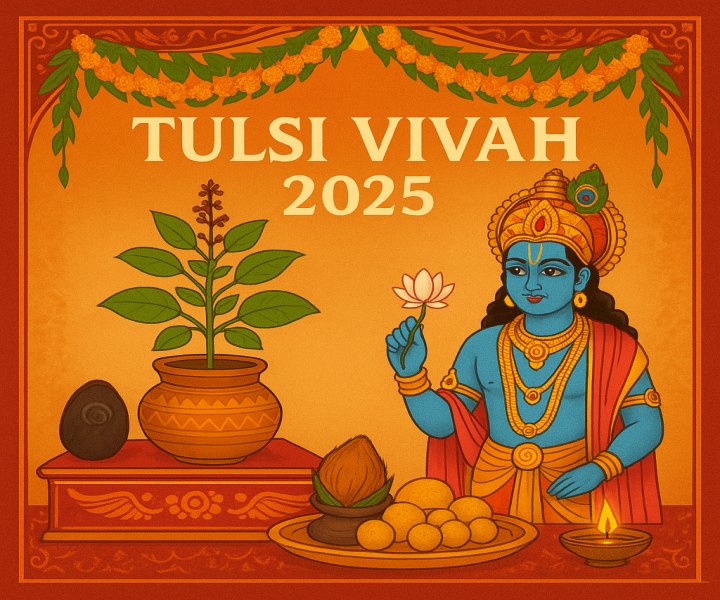
Tulsi Vivah is a sacred Hindu ritual that celebrates the ceremonial marriage of Tulsi (Holy Basil) with Lord Vishnu or his avatar Shaligram. It marks the end of Krishna Paksha Ekadashi of Kartik month and the beginning of the marriage season in India. Devotees perform this ritual with great devotion to bring prosperity, peace, and spiritual well-being to their homes.
Tulsi Vivah 2025 Date
In 2025, Tulsi Vivah will be observed on November 5, Wednesday. The festival typically falls on Ekadashi (11th day) of the bright fortnight (Shukla Paksha) in the Hindu month of Kartik.
Tulsi Vivah Muhurat (Auspicious Time)
- Muhurat (Start Time): 07:34 AM
- End Time: 09:23 AM
- Tithi: Shukla Ekadashi of Kartik
- Nakshatra: Rohini / Mrigashira (depending on local Panchang)
Performing Tulsi Vivah during the auspicious muhurat ensures maximum blessings from Lord Vishnu and Goddess Tulsi.
Tulsi Vivah Story and Mythological Importance
The legend behind Tulsi Vivah is deeply rooted in Hindu mythology:
-
Tulsi as Vrinda – Tulsi was born as Vrinda, a devoted wife of the demon king Shankhachuda. Her unwavering devotion gave her husband immense power.
-
Lord Vishnu’s Intervention – To defeat the demon king, Lord Vishnu disguised as Shankhachuda and broke Vrinda’s chastity. Heartbroken, Vrinda cursed Vishnu to turn into a stone, which is believed to be the Shaligram stone.
-
Vrinda becomes Tulsi – Out of compassion, Vrinda was transformed into the holy Tulsi plant, symbolizing purity and devotion. Vishnu promised to marry her annually in the form of Shaligram.
This legend signifies devotion, purity, and the power of faith.
Tulsi Vivah Vidhi (Ritual Procedure)
Performing Tulsi Vivah is simple but highly auspicious. Here’s a step-by-step guide:
- Clean the area – Decorate the Tulsi plant with flowers, kumkum, and turmeric.
- Place Shaligram or Lord Vishnu idol near the Tulsi plant.
- Perform Ganesh Puja – Invoke Lord Ganesha to remove obstacles.
- Recite mantras and kirtans dedicated to Tulsi and Vishnu.
- Tie sacred threads and decorate – Adorn Tulsi with a bridal saree, ornaments, and flowers.
- Offer sweets, coconut, and fruits – Conclude the ritual by offering prasad to family members.
- Conclude with aarti – Perform Tulsi Vivah Aarti to seek blessings for prosperity and happiness.
Significance of Tulsi Vivah
- Marks the beginning of the wedding season in India.
- Symbolizes the union of divine energy.
- Brings peace, prosperity, and harmony to homes.
- Strengthens spiritual devotion and encourages ritual purity.
- Observing Tulsi Vivah is believed to remove sins and attract divine blessings.
Donation and Charitable Aspect
Many devotees observe Tulsi Vivah with acts of charity, such as donating food, clothes, or financial support to temples and the needy. Contributing on this day is believed to multiply spiritual merit and invite positive energy into the household.
Conclusion
Tulsi Vivah is not just a ritual; it is a celebration of devotion, faith, and divine love. Performing this sacred ceremony with proper vidhi and muhurat ensures blessings of Lord Vishnu and Goddess Tulsi for a prosperous life.
Disclaimer: The remedies, benefits, advice, and statements mentioned in this article are for general information purposes only. Shri Ram Temple Kamarpal and Suma Blessings Foundation do not endorse the content presented in this article. The information contained herein has been gathered from various sources, including astrologers, panchangs, sermons, beliefs, religious texts, and legends. Readers are advised not to regard this article as the ultimate truth or claim and to exercise their own discretion. Shri Ram Temple Kamarpal and Suma Blessings Foundation oppose superstition.

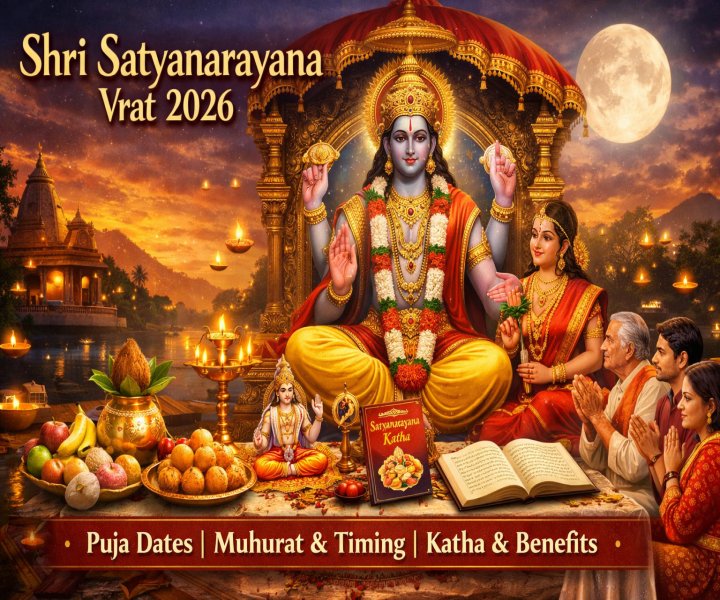
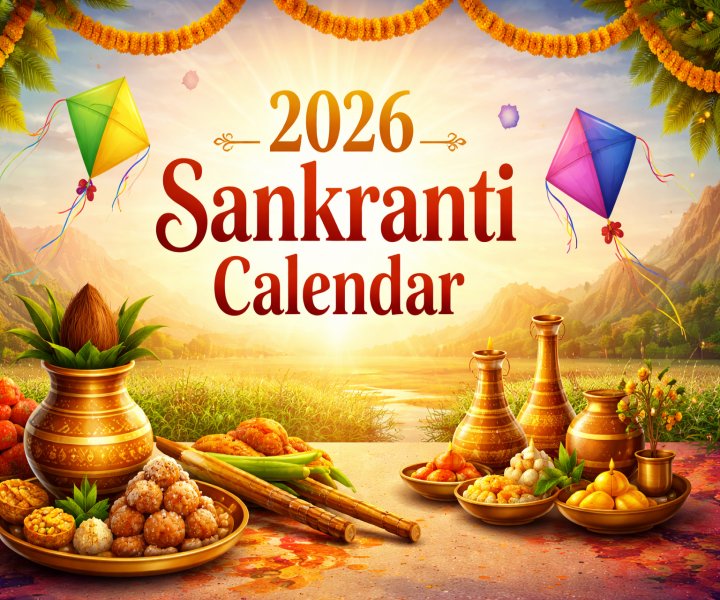
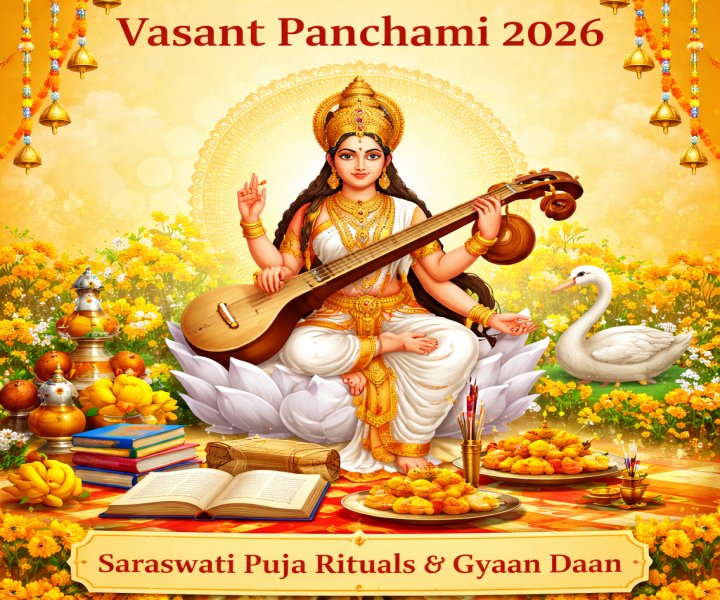
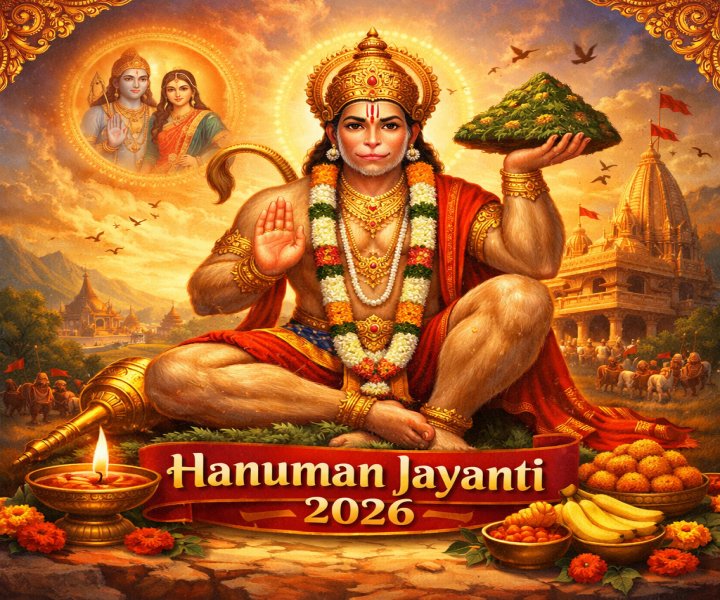
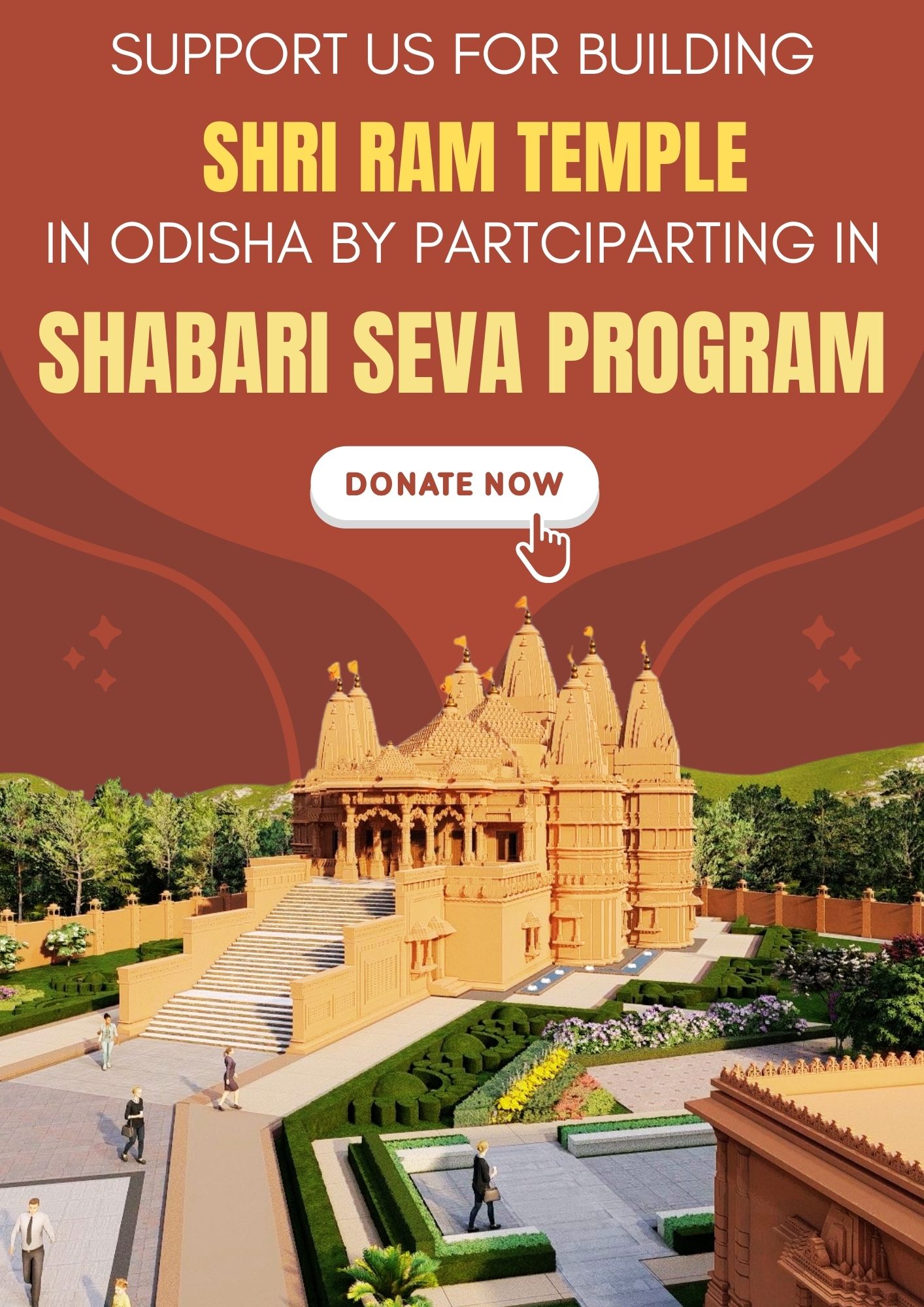

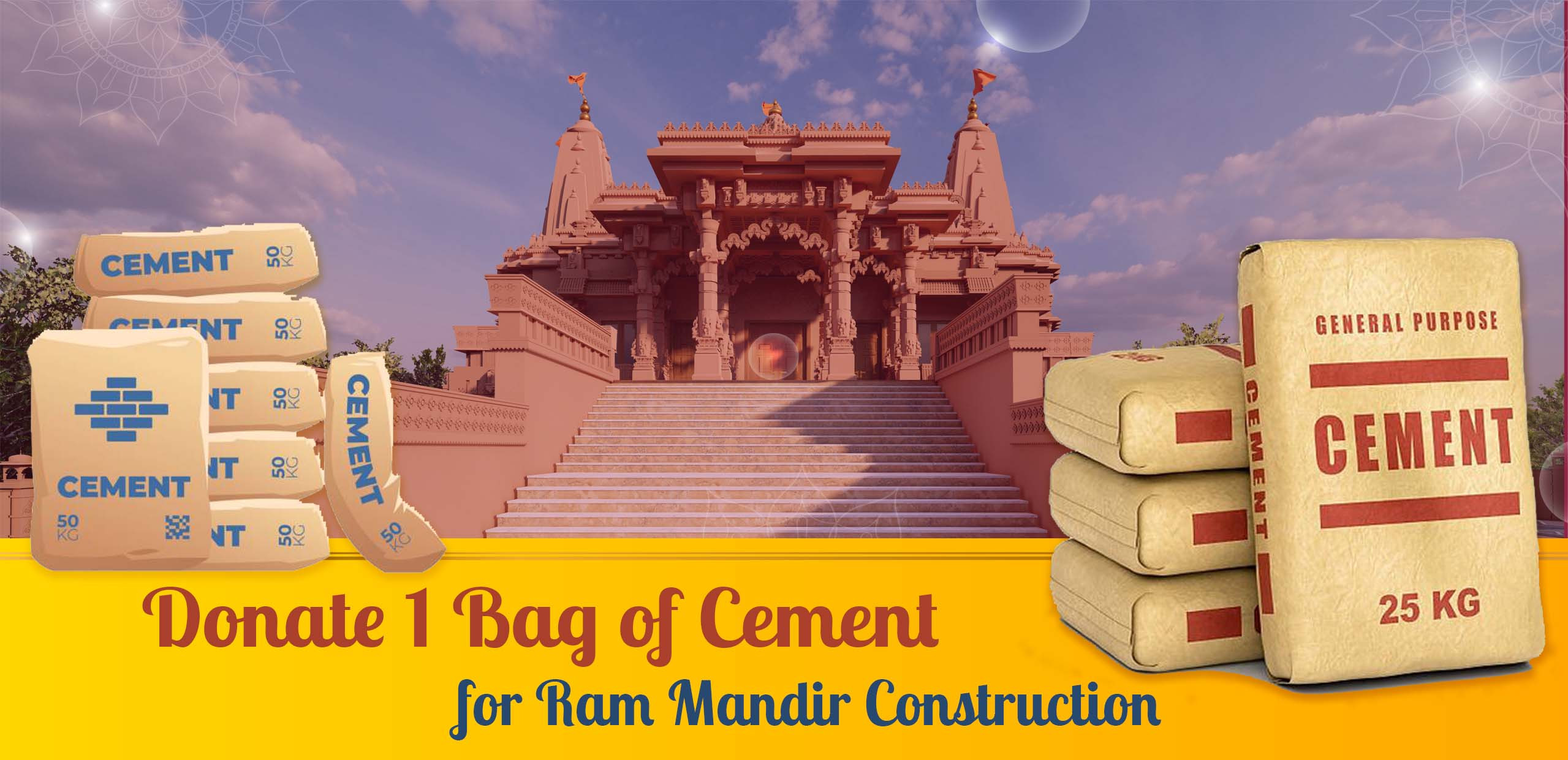

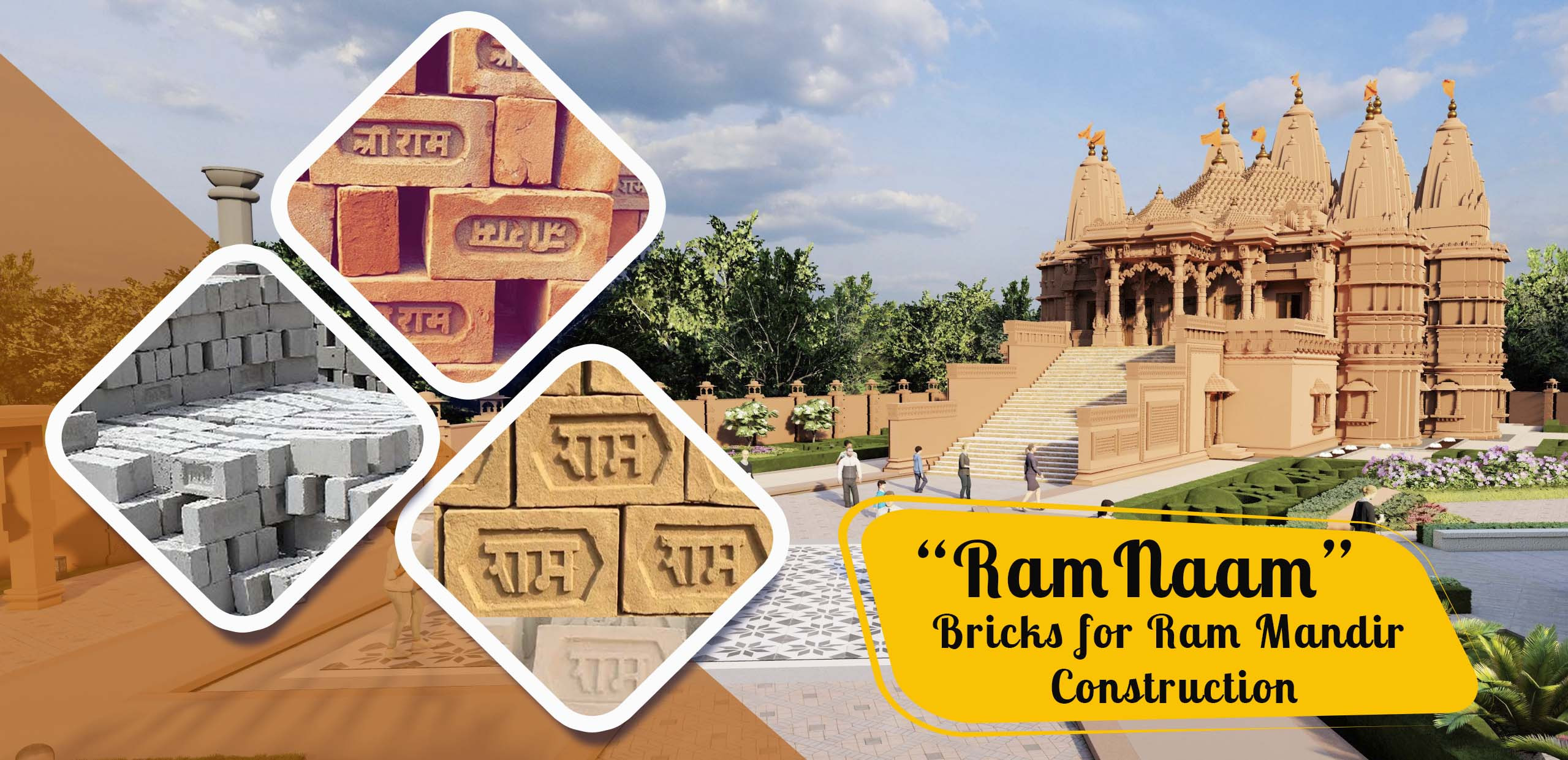
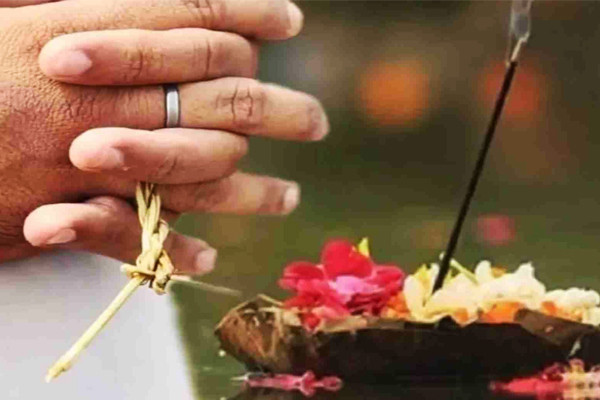

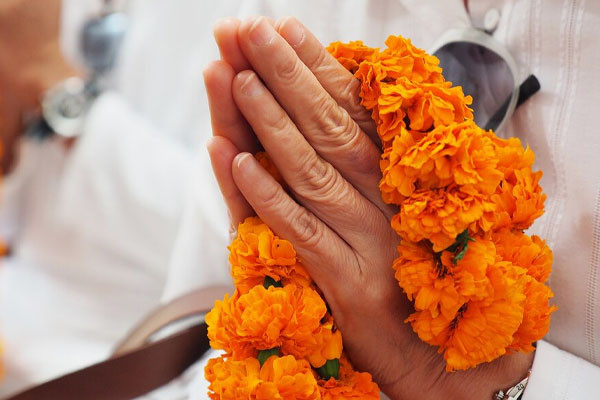


0 comments
No Comment Have been Posted Yet